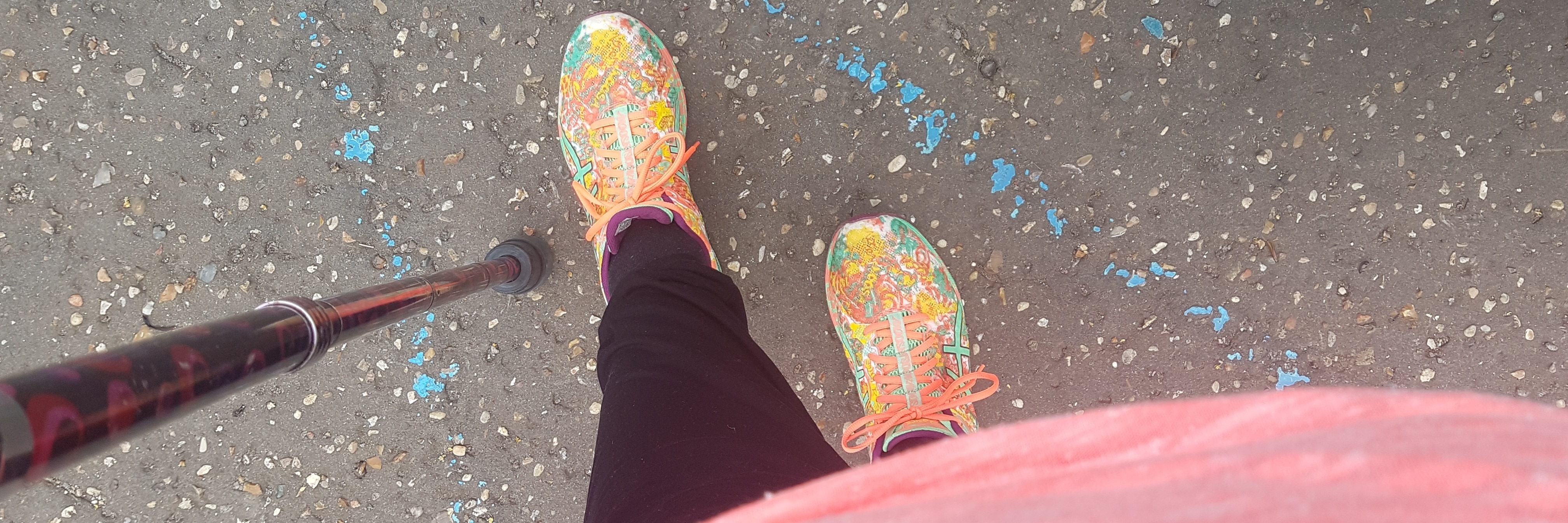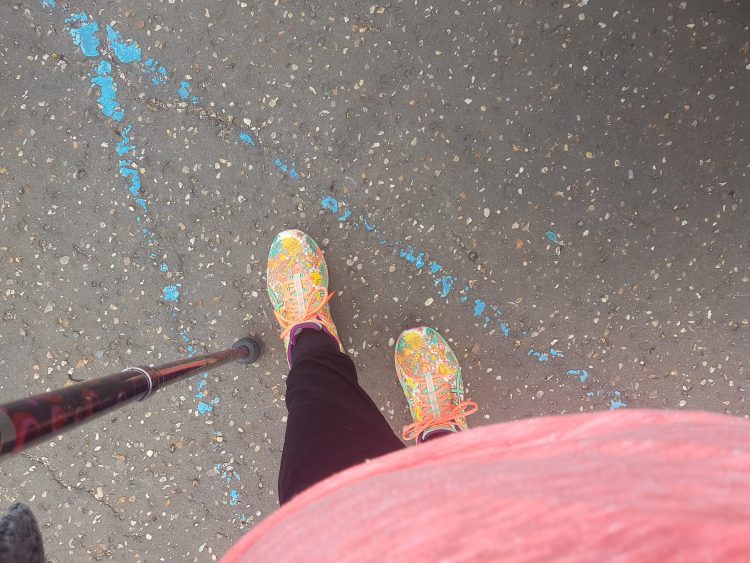Physiotherapy has always been a bit of a contentious issue for many people with hypermobile Ehlers-Danlos syndrome (hEDS). Most of us struggle to find a consultant with enough knowledge to treat us effectively, let alone a physio.
• What is Ehlers-Danlos Syndrome?
• What Are Common Ehlers-Danlos Syndrome Symptoms?
In all the years I’ve seen physiotherapists (approaching 20 years now), I’ve seen so many I’ve lost count. I’m sure my words will be echoed by my fellow hEDS brothers and sisters, being told things such as “Of course it will hurt” or, on hearing the exercises given cause such pain, “Well, I don’t think we can help you then.”
It goes without saying that there’s been disbelief from them at times too. How can a few extremely small exercises cause so much pain and fatigue? And at that point, I normally switch off – I can no longer trust that physio with my body. In fact, it caused almost a revolt in me. I felt I had to fight to be “normal,” which of course has caused massively significant issues…
hEDS is caused by an alteration in the collagen gene – the glue that holds most of our body together. You know when the elastic on your underwear “goes” and they slip, fall down and you have to keep pulling them back up? Well, that stretched, worn out, fragile elastic is akin to my ligaments. Meaning the only hope a person with hEDS has got is to hold our joints in, to keep our muscles as strong as we can.
Sounds simple, you say? I cannot tell you how much harder our bodies have to work. This comes along with pain, fatigue, subluxations – did I mention the constant pain?
Especially with so many bad experiences under my belt, starting sessions with a new physio invokes extreme anxiety. I have to place an enormous amount of trust in someone I’ve only just met, knowing the chances are they probably can’t help, and may even make things worse.
I got thinking about how much mental strength this took, and suddenly it made me look at the situation differently. What an attribute to have, to maintain strength in the face of adversity.
This further took my thoughts to perseverance. Despite the negative experiences, I have persevered over the years and have eventually found a physio who knows at least as much as I do, if not more about hEDS. Jackpot!
Roll on to today, and I have a new physio regime to complete every day. It takes at least 45 minutes at the moment (and it’s early days still). I have to split this into two, and often sleep for a few hours in between.
A few days in and I hurt – and in new places too. I’ve also realized this new routine has to be for life. As as soon as the physio stops, so does the muscle strength. It seems like a hell of a commitment. It’s going to take six to nine months to be able to even tell if it’s helping my shoulder, which in January was subluxing more than 10 times a day.
This time, the whole experience feels different though. I trust my physio. That is amazing in itself. I’ve found out things about my body I never knew before, especially regarding my topsy turvy muscle patterning.
We set a goal too, which has helped more than anything else(!): to aim for a time when I can do my bra up without my shoulder slipping out. Something that’s so easy to take for granted.
It’s still hard to beat the anxiety of completing the exercises every day when you are unsure how you’re going to wake up each morning (I injure myself most in my sleep). It’s so hard to then push through the pain. I can’t even really describe the fear – it can be all-consuming. Thinking about the fear made me also realize how much that takes, mentally – how many people have to face up to one of their biggest fears daily?
And that is when this quote popped into my head:
“I think a hero is an ordinary individual who finds strength to persevere and endure in spite of overwhelming obstacles.” – Christopher Reeve
I first read that a few months ago in a Buddy Box I received from The Blurt Foundation and it has stuck with me since.
I would like it to stay with you too, as a reminder of the strength and perseverance it takes even to complete “simple” exercises when you live in constant pain. We are all heroes in our own way, disability or not.


